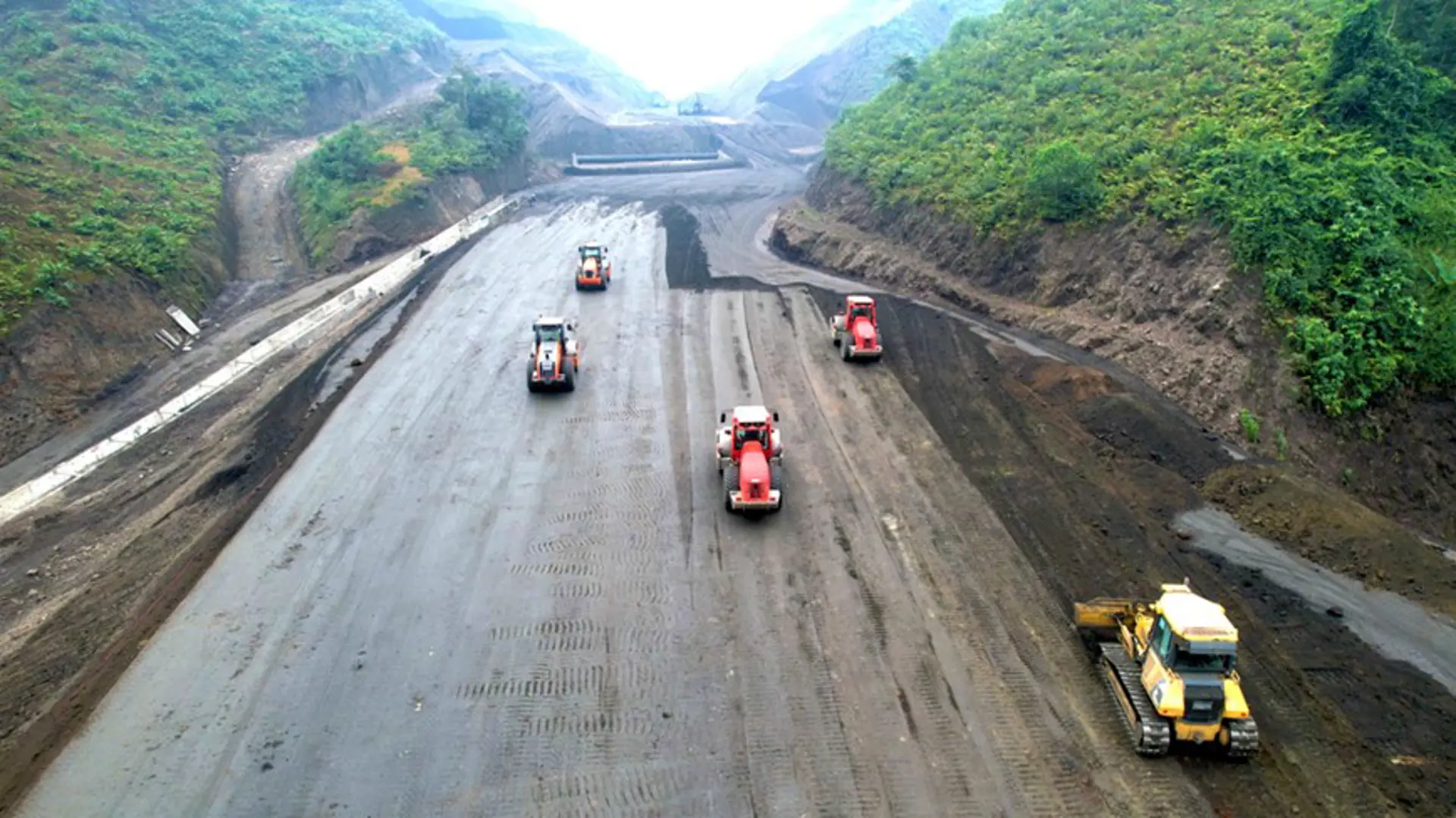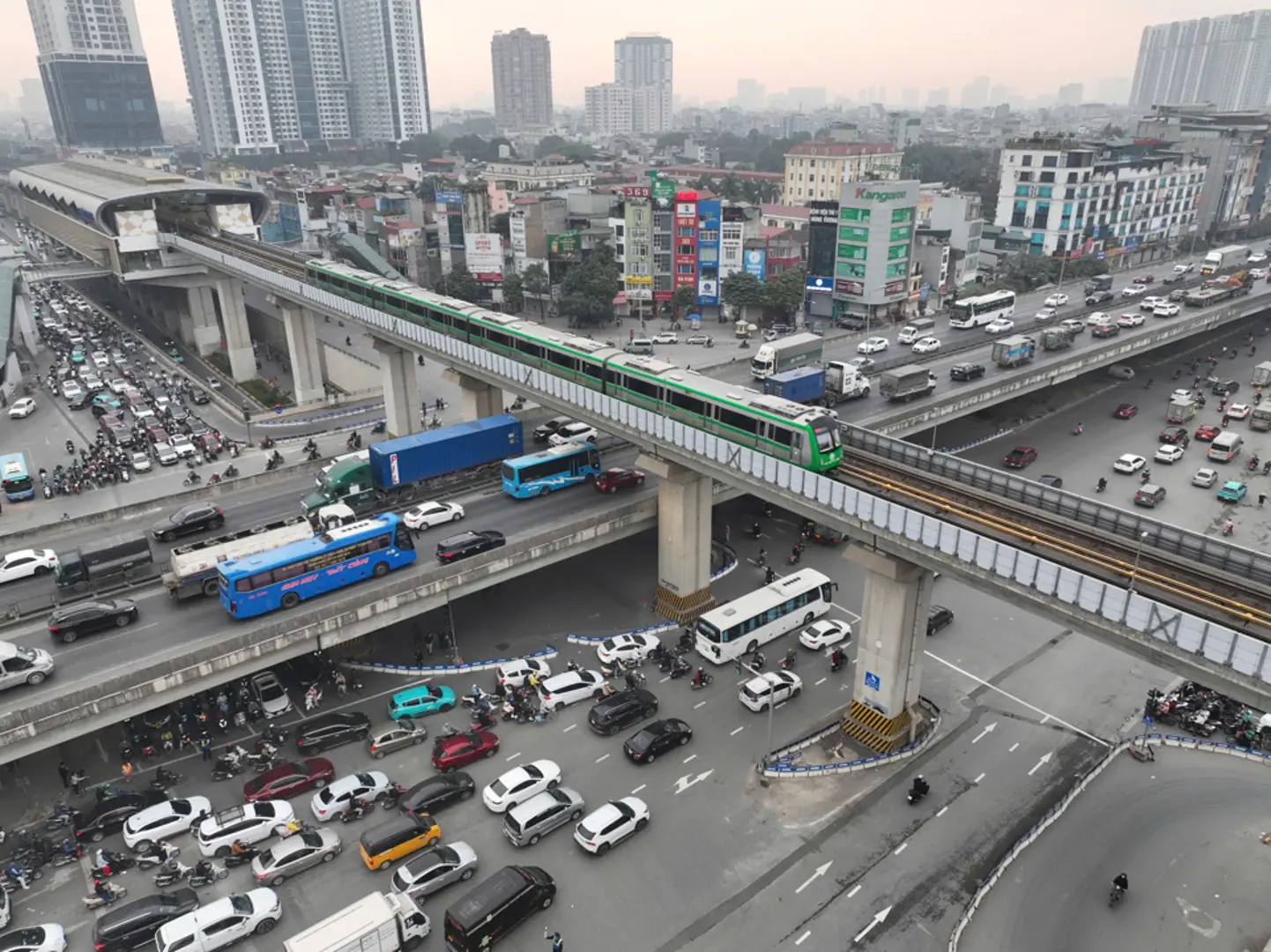Wednesday, 21:04 28/08/2019
Vietnam’s vibrant startup ecosystem lays foundation for social impact business: UNDP
Social enterprises are major partners for Vietnam to achieve its sustainable development goals.
Vietnam’s vibrant and rapid growth startup ecosystem lays solid foundation for social impact business (SIB), or social enterprise, to flourish, according to Catherine Phuong, UNDP’s assistant country director in Vietnam.
“Over the past three years, the UNDP has been closely working with social startups, government agencies and founders of startup ecosystems to support the development of the SIB sector in Vietnam,” Phuong said at a workshop on social entrepreneurship and sustainable development on August 28.
“This is to ensure that SIBs are aware of their potential of being a major partner for Vietnam to achieve its sustainable development goals (SDGs),” Phuong said, adding a strong SIB sector would help Vietnam fulfill SDGs by 2030.
According to Phuong, SIB is referred to organizations that have both trading activities and a commitment to positively impacting society as the two central tenets of their strategic operations.
“The SIBs strive to balance social aims with commercial model, but few use external social impact measurement tools,” she asserted.
Vietnam has adopted several laws and policies supporting the SIB sector, however “these need to be complemented with activities to drive implementation,” Phuong added.
A typical SIB in Vietnam is micro-sized in personnel and revenue. But SIBs are leaders in promoting diversity and inclusion. Almost all SIBs employ female staff and up to three fourths of them have people with disabilities in their workforce, which is why they are highly inclusive, Phuong stressed.
UNDP's statistics showed that 70% of SIBs are making a profit. 59% of SIBs in Vietnam choose to balance social and economic objectives, whilst 34% focus on their social mission. Jobs, Well-being, and Environmental protection make up the top three areas of impact for SIBs.
For a more sustainable growth of SIBs, Phuong suggested the government to provide supporting policies to access capital and other financial resources, as well as to develop market access and scale up their sizes.
“The SIBs are also in need of capacity building and increased coordination among various government agencies, social organizations and other related parties,” Phuong said.
Editor-in-Chief of the Economic and Forecast Review Le Xuan Dinh added shortage of capital and human resource capacity, lack of efficient corporate governance, as well as recruiting staff, remain the biggest challenges for SIBs in Vietnam.
“The latter issue was due to low awareness of the community towards this kind of enterprise,” Dinh stated.
Recent UNDP study revealed that in spite of difficulties, the proportion of profitable SIBs in Vietnam is relatively high compared to those in other countries such as the UK and Malaysia (i.e. in Malaysia, 55% incur losses whereas in the UK, 51% make a profit). This figure is even better than that of the business community in general in Vietnam, with 48% making losses.
Meanwhile, 95% of SIBs reinvest their profits into business development, 52% reward their stakeholders and beneficiaries, and only 23% pay dividends.
“This result reaffirms SIBs as a model to create value, including social, environmental and economic value, which can be explained by the business ethics of this model, creating the medium and long-term sustainability of the business in terms of both brand/ reputation and finance,” stated the UNDP report.
UNDP concluded SIBs are optimistic about the prospects for growth, with only 1% believing that revenues are likely to reduce, 7% believing that their revenues will be stable and 92% expecting to increase their income in the future (of which 34% expect a significant rise).

Overview of the workshop. Source: Nguyen Tung.
|
“This is to ensure that SIBs are aware of their potential of being a major partner for Vietnam to achieve its sustainable development goals (SDGs),” Phuong said, adding a strong SIB sector would help Vietnam fulfill SDGs by 2030.
According to Phuong, SIB is referred to organizations that have both trading activities and a commitment to positively impacting society as the two central tenets of their strategic operations.
“The SIBs strive to balance social aims with commercial model, but few use external social impact measurement tools,” she asserted.
Vietnam has adopted several laws and policies supporting the SIB sector, however “these need to be complemented with activities to drive implementation,” Phuong added.
A typical SIB in Vietnam is micro-sized in personnel and revenue. But SIBs are leaders in promoting diversity and inclusion. Almost all SIBs employ female staff and up to three fourths of them have people with disabilities in their workforce, which is why they are highly inclusive, Phuong stressed.
UNDP's statistics showed that 70% of SIBs are making a profit. 59% of SIBs in Vietnam choose to balance social and economic objectives, whilst 34% focus on their social mission. Jobs, Well-being, and Environmental protection make up the top three areas of impact for SIBs.
For a more sustainable growth of SIBs, Phuong suggested the government to provide supporting policies to access capital and other financial resources, as well as to develop market access and scale up their sizes.
“The SIBs are also in need of capacity building and increased coordination among various government agencies, social organizations and other related parties,” Phuong said.
Editor-in-Chief of the Economic and Forecast Review Le Xuan Dinh added shortage of capital and human resource capacity, lack of efficient corporate governance, as well as recruiting staff, remain the biggest challenges for SIBs in Vietnam.
“The latter issue was due to low awareness of the community towards this kind of enterprise,” Dinh stated.
Recent UNDP study revealed that in spite of difficulties, the proportion of profitable SIBs in Vietnam is relatively high compared to those in other countries such as the UK and Malaysia (i.e. in Malaysia, 55% incur losses whereas in the UK, 51% make a profit). This figure is even better than that of the business community in general in Vietnam, with 48% making losses.
Meanwhile, 95% of SIBs reinvest their profits into business development, 52% reward their stakeholders and beneficiaries, and only 23% pay dividends.
“This result reaffirms SIBs as a model to create value, including social, environmental and economic value, which can be explained by the business ethics of this model, creating the medium and long-term sustainability of the business in terms of both brand/ reputation and finance,” stated the UNDP report.
UNDP concluded SIBs are optimistic about the prospects for growth, with only 1% believing that revenues are likely to reduce, 7% believing that their revenues will be stable and 92% expecting to increase their income in the future (of which 34% expect a significant rise).























